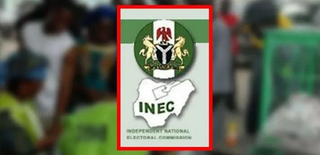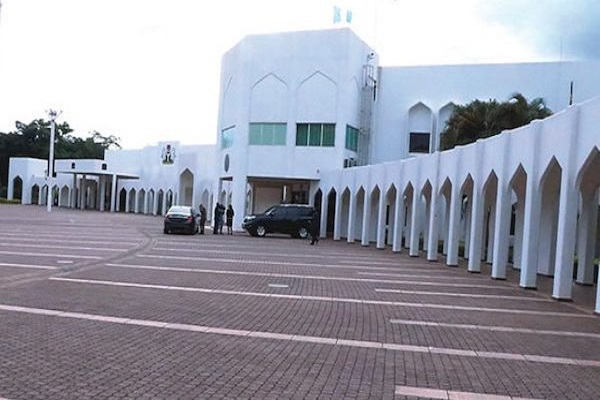
The Independent National Electoral Commission (INEC) has refuted claims that it wasted taxpayers’ money after failing to upload the 2023 presidential election results on its Result Viewing Portal (iReV).
In March, INEC admitted that there were some glitches in the transfer of presidential and National Assembly results into the iReV portal, rather than sabotage or cyberattack.
However, INEC spokesman Festus Okoye stated on Channels Television’s Politics Today on Thursday that it is wrong to suggest that the electoral body wasted taxpayers’ money.
Okoye said it is impossible to upload all results to IReV because some polling units did not hold elections, and areas, where elections were disrupted by violence, will not have results on IReV.
“You cannot fully upload all the results. Because there were places where elections were not held. Because of some of those polling units, we do not have registered voters. So you don’t expect results from the IREV from all these other polling units where we did not deploy,” Okoye said.
“Secondly, in places where there was violent disruption of elections, you don’t expect results from those polling units. It will not be right to expect that the IREV will contain results from 176,606 polling units.”
According to Okoye, the Bimodal Voter Accreditation System (BVAS) was successfully used for voter accreditation and result upload for the polls, noting that it is wrong to suggest that the electoral body wasted taxpayers’ money.
“We are only talking about result uploads for the presidential election only. It is not true or correct to insinuate even remotely that taxpayers’ money was wasted, and the machine did not work,” he added.
He urged Nigerians not to judge the electoral empire as a result of the challenge the commission experienced in the upload of the presidential election.
“It is not fair to judge the entire performance of the commission on the basis of a glitch in the result upload for the presidential election,” he said.
He noted that the law has empowered political parties to know what goes on at the polling units.
“Almost all the political parties nominated and got accredited at least over 170,000 polling agents. What that means is that they had primary evidence of the results from the polling units.
“It is those results from the polling units, together with the BVAS as a machine itself that goes to the collation centre. So, it is not true for a political party to rely only on result upload in order to get the evidence with which it wants to prosecute its case in court,” he added.


